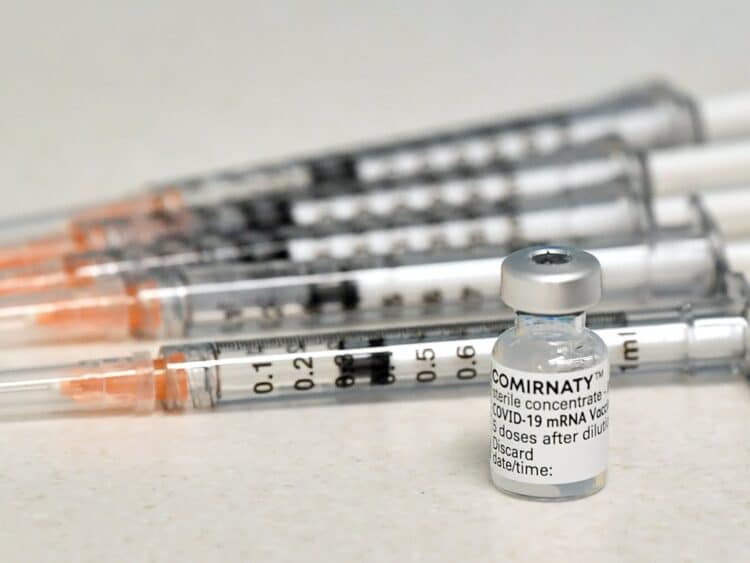Covid-19 which started in 2019 as a pandemic killing more than 4.9 million people globally is still in talks at the end of 2021.
Covid-19 came with a lot of confusion whether it is about switching to masks, reliable treatments, symptoms, after effects, and even choosing the type of vaccine. All the chaos because of the inability to obtain the right information made people furious and anxious.
On October 20th, the Food and Drug Administration (FDA) approved the heterologous use of the booster vaccine irrespective of the primary doses. This announcement has once again caused an uproar amongst the netizens, and we are here to bust some of them.

What is the Mix-Match of Booster Vaccines?
Initially, when the vaccination campaign began across the world, the World Health Organization (WHO) advised the public to get vaccinated in accordance with the first dose.
For example, if you received the first dose of the Moderna vaccine, then you are required to do the same for the second dose too. (excluding Janssen, which happen to be a single-dose vaccine)
However, the guidelines for Covid-19 booster shots have been modified. According to the new guidelines issued by FDA, the population of the U.S. can get booster shots that are different from the vaccine they originally received if they are in the eligibility criteria, this is what a Mix Match or heterologous usage of the vaccine is. FDA has already approved Pfizer’s booster vaccine last month, and it additionally passed the Johnson & Johnson and Moderna developed booster shots previously.
If the Centres for Disease Control (CDC) and Prevention and its vaccine advisory committee approves the FDA’s ruling of Moderna’s and J&J’s booster Covid-19 vaccine, then it will be rapidly circulated to the hospitals and the departments concerned for the public wellbeing.
The standards and preferences set for providing the booster shot are as follows:
- Citizens who received both the dosage of Pfizer-BioNTech or Moderna Covid-19 vaccine are eligible for the booster shot after the 6 months of being completely vaccinated.
- Age of 65 or above.
- Age of 18 or above for populations with underlying health conditions, prone to infections due to occupational exposure like frontline workers, etc.
- People who got Johnson and Johnson’s vaccine labelled as Janssen are eligible for the booster vaccine after 2 months of receiving the 1st dose, as it was a single-dose vaccine.

Do you need to get the Booster Shot of Covid-19 Vaccine?
Immunology is a complex field, some single-dose vaccines may provide safety against pathogens for the decade. Example: Human papillomavirus (HPV) vaccine
While others may fade away within the 6 months and renew the efficiency of the vaccine, a “booster shot” is needed to avoid the hospitalization inflicted due to the infection.
Based on the reports, both Pfizer and Moderna have an efficacy rate of more than 94 per cent, but the graphs dropped when estimated after the 4 months.

Pfizer’s efficacy rate drastically fell, down from 91 per cent to 77 per cent. However, Moderna’s protection status was constant over the period of 4 months.
Furthermore, for J&J, the overall efficacy rate was 72 per cent but according to the corporation, the efficiency to protect the individual from moderate to severe disease increased by 94 per cent with the jab of booster shot.
Thus, in conclusion, we like to inform you that these cases vary from person to person, and the preference to receive the vaccine should invariably be based upon availability rather than just looking upon the potency rates.
Also Read: These infections readily spread in Autumn
















